At the beginning of last year, you launched the SEAM initiative. What is the goal of this alliance?The SEAM Programme guarantees that member organisations in the abrasive supply chain manufacture and distribute abrasives according to new sustainability standards. We're joining forces with other abrasive manufacturers to implement measures to support sustainable growth in production and distribution.
With the understanding that the value of a 'European sustainability system' must involve all players within the supply chain, the objective of the SEAM programme is to support and assist abrasive manufacturers on their way towards sustainable growth and sustainability improvements, mostly in production and distribution.
How can manufacturers become members of SEAM?All prospective members initially had to meet a series of minimum requirements organised into the three fundamental pillars of sustainability: environment, labour and economy. ISO certifications, procedures and policies, and operational best practices are the essence of this first step. Once approved into the programme, each company must choose several evolving targets within these three pillars, which include energy efficiency, optimisation of production processes, waste reduction, recycling of waste materials, improvement of workers' health and safety, improvement of workers' quality of life in the factory, and investments to support these processes, then work on improving its performance in reporting annually on progress. There's an additional validation process too, as the management of SEAM reserves the right to initiate random verification audits on minimum requirements and evolving targets.

 Menü
Menü




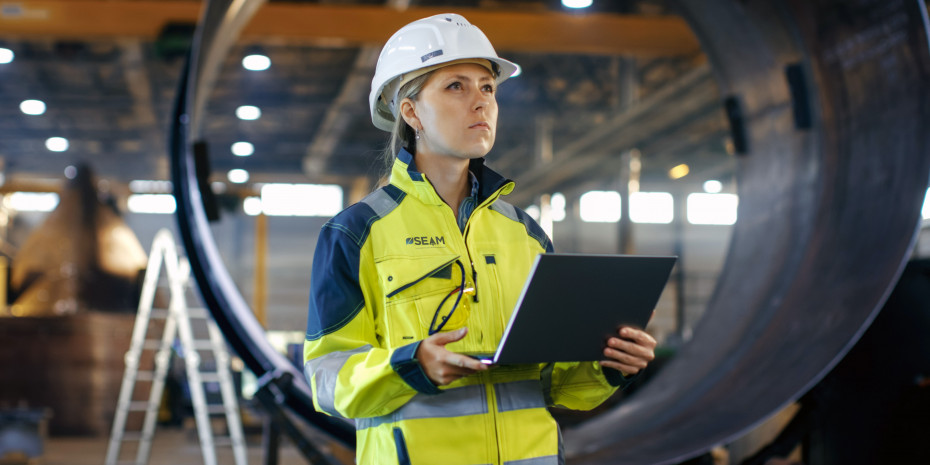


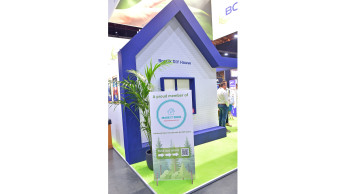
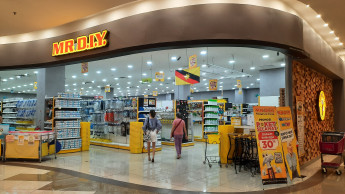
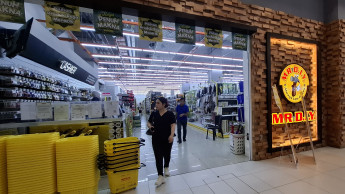
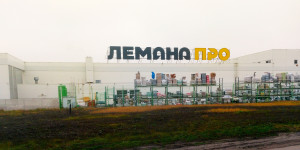


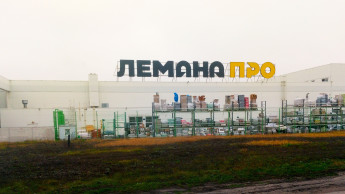
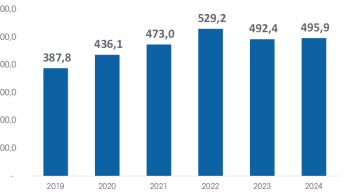
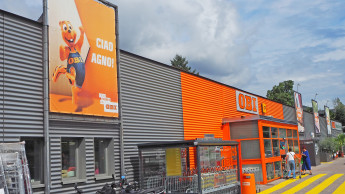
 Newsletter
Newsletter